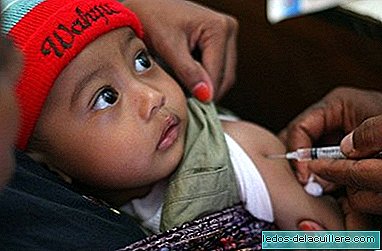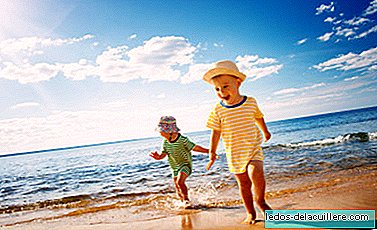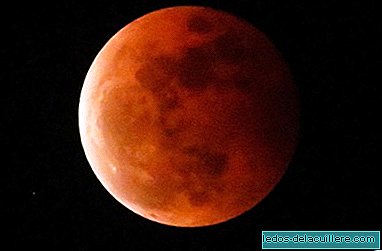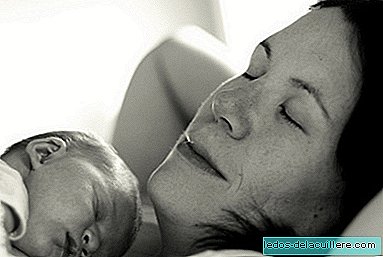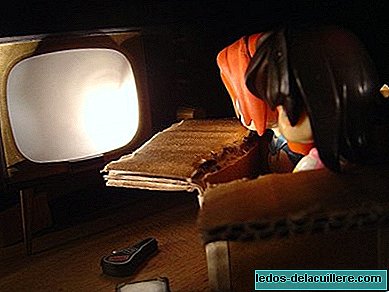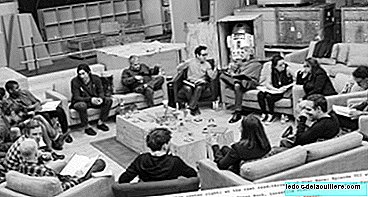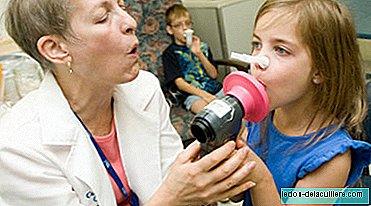
'Asthma is a chronic lung disease due to an inflammation of the lower respiratory tract. These pathways normally allow the passage of air, but being inflamed it is difficult to produce coughs, beeps or difficulty breathing.
This is the answer to one of the possible Questions asked by the parents of any of the children who suffer from the disease. Obviously, after diagnosis, the questions gather in the head of the family. The information is taken from the fourth installment of the monograph '360 º on Asthma' published in Inspira (of the Roger Torné Foundation), on the occasion of the last celebration of World Asthma Day. And it has been prepared by pediatrician Dr. Isabel Moneo (of the AEPap Respiratory Tract Group), with the aim of providing correct and truthful information to fathers and mothers.
I would like to highlight some points of interest, although you have the complete information in the article 'Myths and legends in the care of children with asthma'. For example, Dr. Moneo tells us that Asthma is a disease that is related to several genes, and the possibility that it develops or not, depends on the interaction between them and the environment.
Sometimes the environment can induce asthma and a clear example is smoking, especially in pregnancy
False beliefs versus proven facts
Asthma It is not contagious (It is not an infectious disease), although some of the causes of its appearance are (viral infections such as colds or flu). And it is not a consequence of 'badly cured colds'.
This is a disease of variable course that can have periods without symptoms, and others in which they are intense and frequent. There is no cure for asthma, although there are treatments to control it and allow patients to lead a normal life.
The relationship of allergies with asthma is limited to the role of the second as disease-favoring, yes: allergy should be investigated in every asthmatic child, as this can help us control the disease.
Asthmatic bronchial tubes are very sensitive and respond very much to allergens and also to substances, such as tobacco or pollution, which are irritating to everyone
Treatments that work
Since Asthma symptoms appear when the bronchial tubes narrow, bronchodilators relieve discomfort, although they do not act on inflammation and therefore do not control the disease. That's why doctors prescribe medications that control bronchial inflammation.
The child and his family should know how each medication the child takes and how he should take it. Make sure you carry the "relievers" and regularly take the "controllers." Agree with your doctor a written plan to know when to use each drug and when to ask for medical help
Isabel Moneo says that asthma medications are safe and effective. It should be used at the doses needed to get control of symptoms. 'The side effects of the medication are not a problem compared to the benefits they bring'.
The beneficial effect of alternative medicines in the treatment of this disease has not been demonstrated by any rigorous scientific study.
An asthmatic boy or girl ...
You can play sports, because it is very beneficial for your health - We had already talked about it in Peques and Más - (it should only be avoided if asthma is poorly controlled).
In case of exercise-induced asthma: preheat, watch out for sudden changes in temperature (gym-street-gym), do the activity gradually and, if necessary, use medication before starting the effort
If the child has good control of their disease, most crises are preventable. The family must know what measures are there to avoid themIt is important to discuss with the toilets what practical measures are useful and easier to apply.
With the assurance that this information will be very useful to all families with asthmatic children, we invite you to read carefully the entry of '360º on asthma', and we encourage you to keep a Open and honest dialogue with the doctor responsible for the treatment of the affected children.


